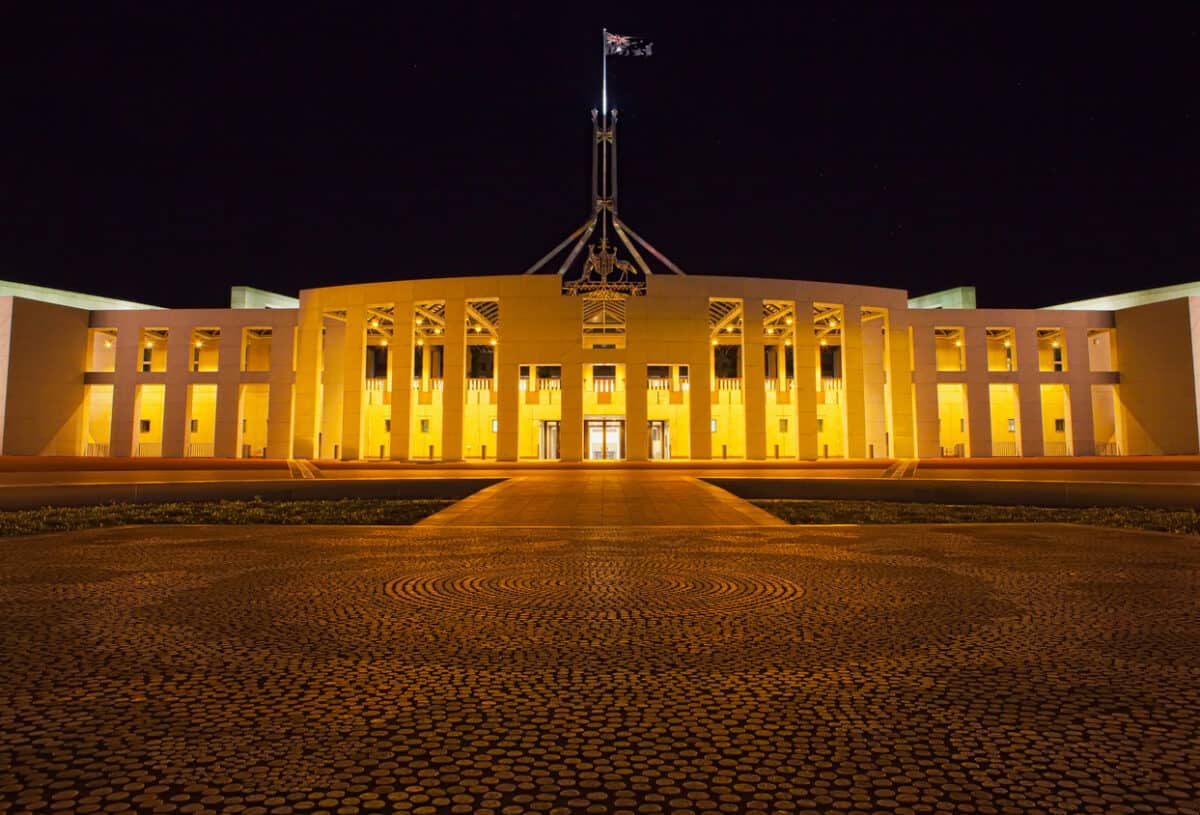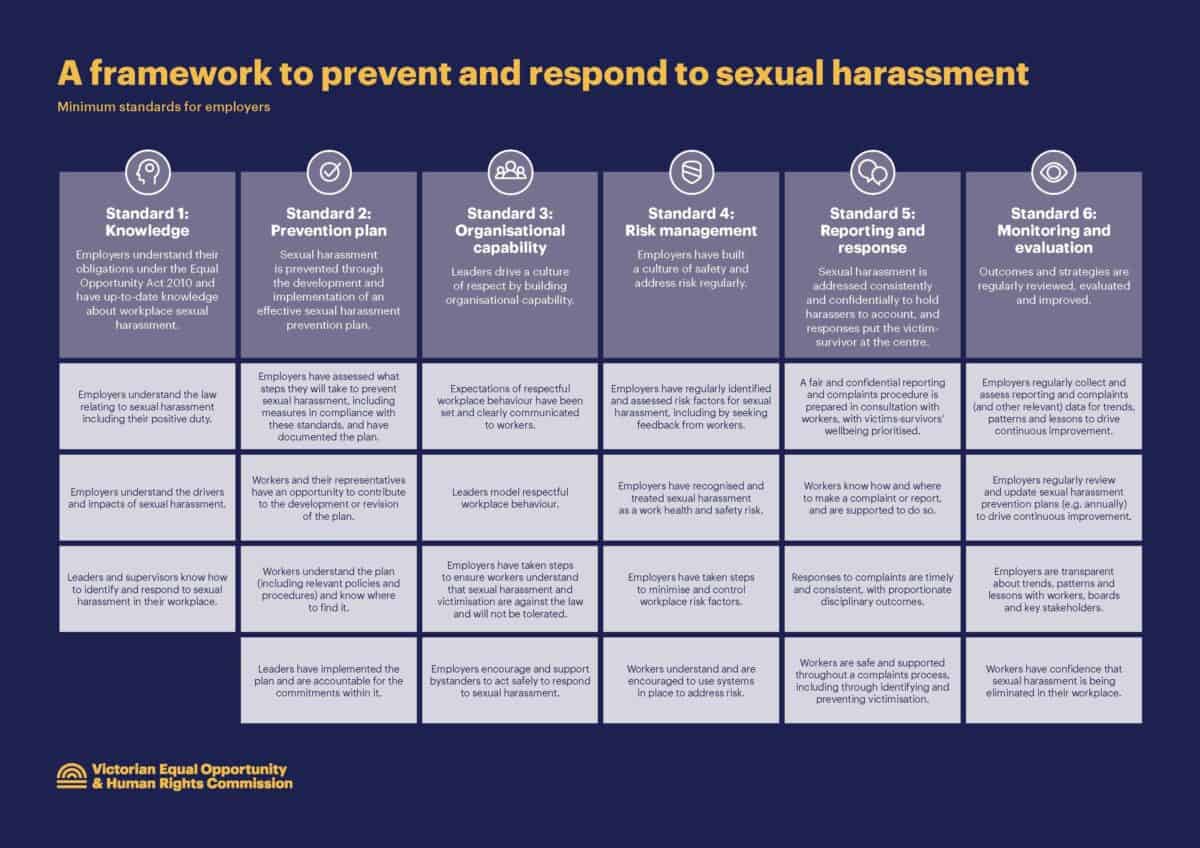The workplace issues of excessive hours, unpaid overtime and the negative mental health and social disruption effects are becoming more commonly discussed but not, necessarily, fixed. A persistent example of these workplace hazards is the sitting of Parliament.
Parliamentarians are not always good examples of leadership and nor are they good managers of their workplace responsibilities, as shown by the response to sexual harassment and alleged assaults in the Federal Parliament House. A less controversial example of their management is the flexible hours applied to the passing of, usually contentious, legislation.







